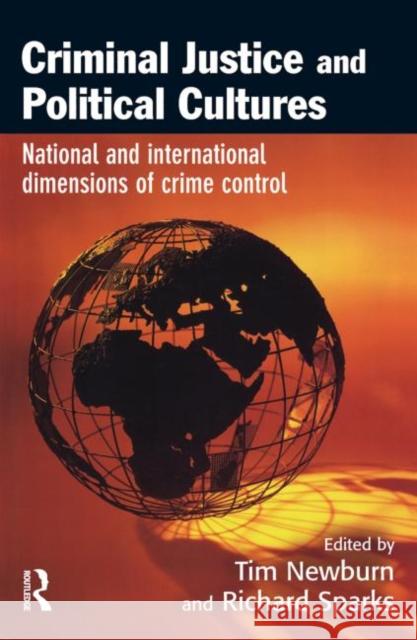Criminal Justice and Political Cultures » książka
Criminal Justice and Political Cultures
ISBN-13: 9781843920267 / Angielski / Twarda / 2004 / 288 str.
Criminal Justice and Political Cultures
ISBN-13: 9781843920267 / Angielski / Twarda / 2004 / 288 str.
(netto: 931,00 VAT: 5%)
Najniższa cena z 30 dni: 881,54
ok. 16-18 dni roboczych.
Darmowa dostawa!
The development of ideas and policy on the control of crime has become an increasingly international affair, necessarily so as crime increasingly crosses national boundaries and as international cooperation in the form of police cooperation, international treaties, protocols and conventions takes firmer shape. Much less well understood, however, is the process whereby ideas about crime control developed in one context are transferred into different countries or regions, and in doing so are then shaped, naturalised and changed in their new context. process of policy transfer and reception. How are particular slogans (zero tolerance policing), gadgets, technical vocabularies (electronic monitoring) and rhetoric (war against crime) spread from place to another, and what new meanings do they take on when this takes place? How are these ideas changed when they meet resistance and counter discourses, and encounter strong local traditions and sensibilities? How differently then are ostensibly similar vocabularies taken up and applied in the distinct settings they encounter. to explore these issues. Their book makes a significant contribution not only to an understanding of crime control policy but of the nature of the process of globalization itself.











